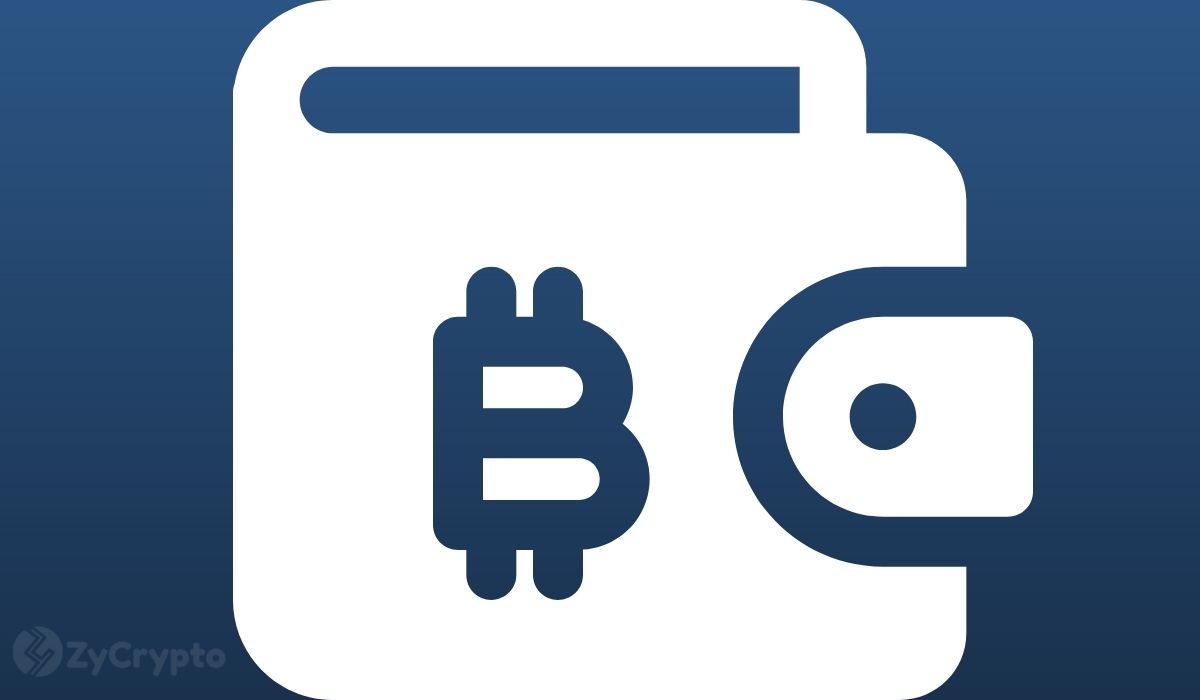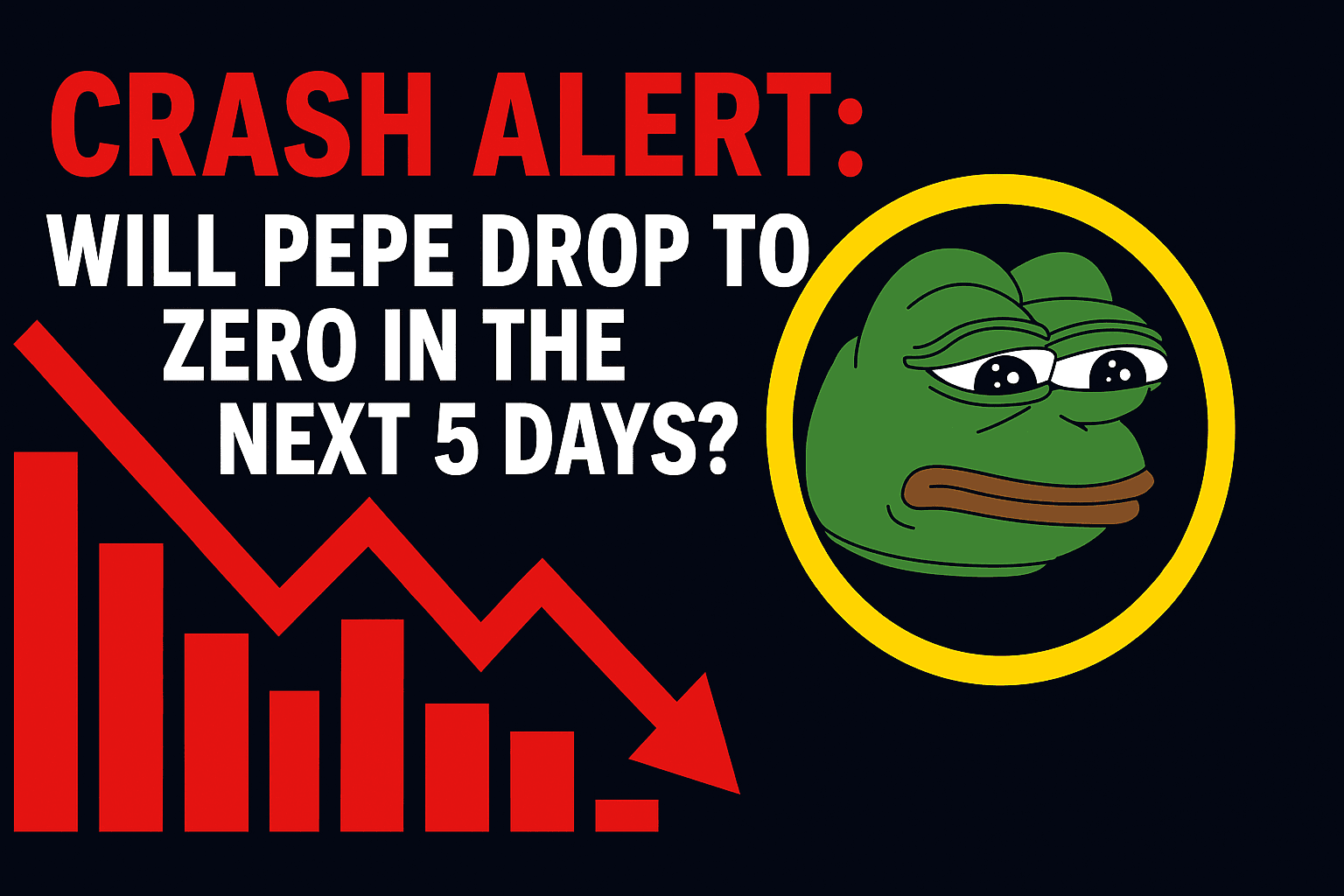Bitcoin: The Modern-Day Challenger to Traditional Assets like Gold
Over the last 16 years, Bitcoin has emerged as a formidable challenger to traditional assets such as gold. While gold has long served humanity as a reliable store of value and a hedge against economic uncertainty, Bitcoin’s rise as a modern-day store of value has triggered intense debates about its potential to overtake the lustrous metal.
Bitcoin vs. Gold: A Historical Perspective
Gold has been a trusted store of value for thousands of years. Its scarcity, durability, and resistance to corrosion have made it an ideal medium for storing and transferring wealth. However, the advent of Bitcoin, the first decentralized digital currency, has disrupted the traditional financial landscape.
Bitcoin was created in 2009 by an unknown person or group using the pseudonym Satoshi Nakamoto. It operates on a decentralized network, using cryptography to secure transactions and control the creation of new units. Unlike gold, which is a physical asset, Bitcoin exists only as digital entries on a distributed ledger called the blockchain.
Why Bitcoin and Gold Are Different
Despite their similar roles as stores of value, Bitcoin and gold have several key differences. For one, gold is limited in supply, with only a finite amount of it available on Earth. Bitcoin, on the other hand, has a finite limit of 21 million units, but its supply can be increased through a process called mining.
Another difference lies in their portability and divisibility. Gold is a heavy and bulky metal, making it difficult to transport and divide into smaller units. Bitcoin, on the other hand, can be easily transferred and divided into fractions.
The Debate: Bitcoin vs. Gold
The debate between Bitcoin and gold as stores of value has intensified in recent years. Proponents of Bitcoin argue that it offers several advantages over gold, including its portability, divisibility, and limited supply through mining. They also point to Bitcoin’s potential as a digital gold, a store of value that can be easily transferred and used in transactions.
Gold advocates, on the other hand, argue that Bitcoin’s volatility and lack of intrinsic value make it a risky investment. They also point to the fact that gold has a long history as a reliable store of value, while Bitcoin is still a relatively new and untested asset.
The Impact of Bitcoin on Gold and Vice Versa
The rise of Bitcoin has had a significant impact on the gold market. In the early days of Bitcoin, its price was often correlated with the price of gold. However, as Bitcoin’s popularity grew, its price became less correlated with gold and more influenced by its own supply and demand dynamics.
Conversely, the price of gold has also been affected by Bitcoin. Some investors have seen Bitcoin as a digital alternative to gold, and have sold their gold holdings to buy Bitcoin instead. However, others have seen Bitcoin as a complement to gold, and have continued to hold both as part of their investment portfolios.
The Impact of Bitcoin on Individuals
For individuals, the rise of Bitcoin as a store of value has presented both opportunities and challenges. On the one hand, Bitcoin offers the potential for high returns on investment, particularly for those who bought it early and held onto it. On the other hand, Bitcoin’s volatility and lack of regulation make it a risky investment.
Moreover, Bitcoin’s decentralized nature and lack of government backing make it a less practical option for everyday transactions. Gold, on the other hand, remains a practical option for individuals who need a reliable store of value and a hedge against economic uncertainty.
The Impact of Bitcoin on the World
The impact of Bitcoin on the world has been significant, particularly in the financial and technological spheres. Bitcoin’s decentralized nature and use of blockchain technology have disrupted traditional financial institutions and challenged the status quo.
Moreover, Bitcoin’s rise as a store of value has led to the creation of a new asset class, with billions of dollars worth of Bitcoin held by individuals and institutions alike. It has also led to the creation of a new industry, with companies and startups emerging to provide Bitcoin-related services and products.
Conclusion
In conclusion, Bitcoin and gold serve similar roles as stores of value, but they have several key differences. While gold has a long history as a trusted store of value, Bitcoin offers the potential for high returns on investment and the convenience of a digital asset. The rise of Bitcoin has had a significant impact on the gold market and on individuals and the world at large.
However, it is important to note that Bitcoin is a risky investment, particularly due to its volatility and lack of regulation. Moreover, while Bitcoin offers the potential for high returns, it is not a practical option for everyday transactions. Gold, on the other hand, remains a practical option for individuals who need a reliable store of value and a hedge against economic uncertainty.
- Bitcoin and gold serve similar roles as stores of value
- Bitcoin offers the potential for high returns and digital convenience
- Gold has a long history as a trusted store of value
- Bitcoin’s rise has disrupted traditional financial institutions
- Bitcoin is a risky investment
- Gold remains a practical option for everyday transactions





